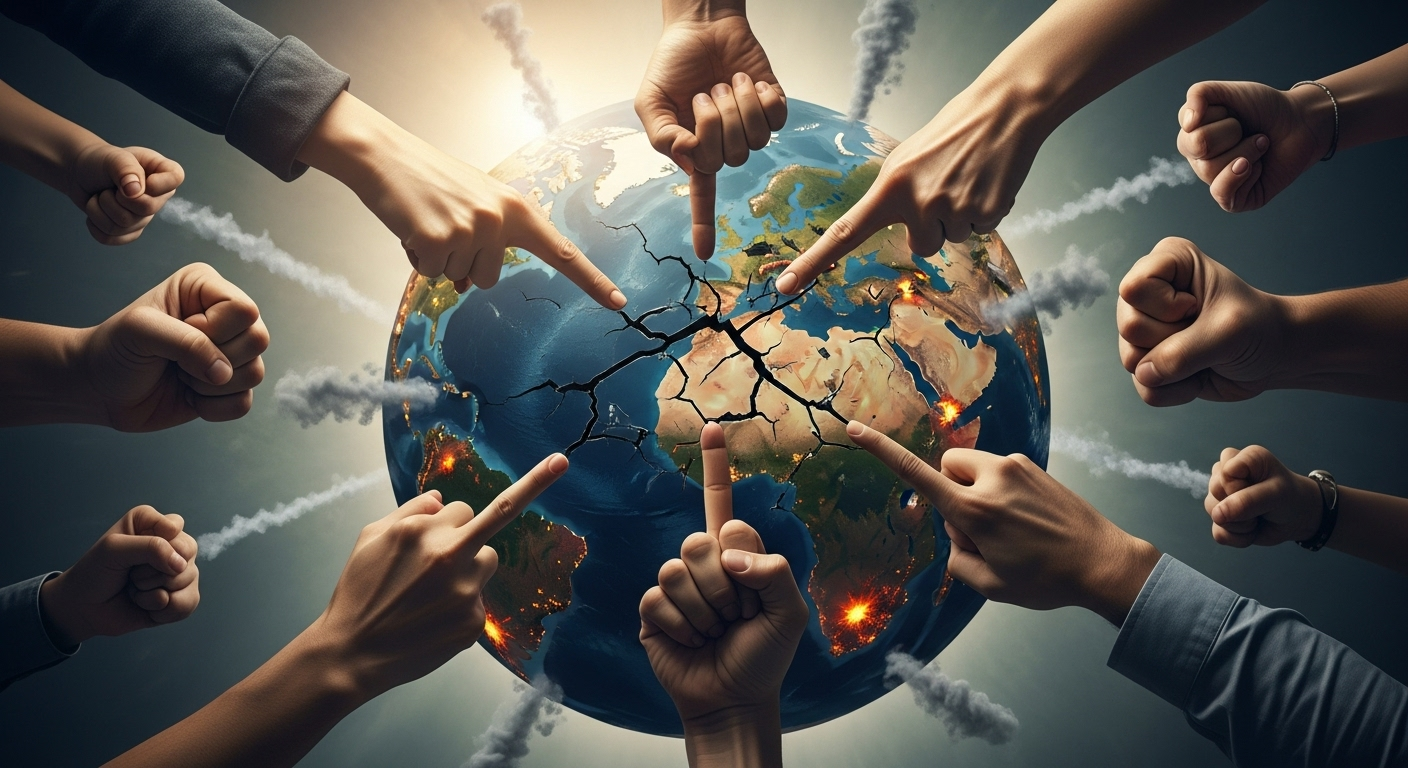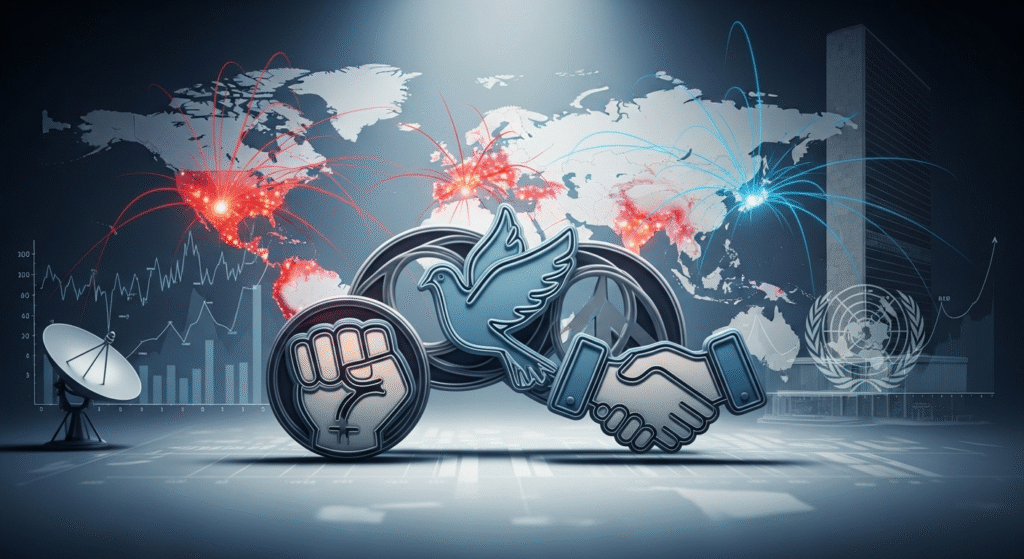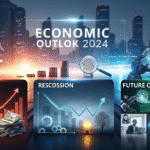Okay, let’s be real. “Geopolitical tensions” sounds like something you’d hear on a dry news report, right? Like the verbal equivalent of beige wallpaper. But here’s the thing – these tensions directly impact our lives, even if we don’t always realize it. From the price of gas to the availability of certain goods, the squabbles and strategic maneuvering of nations ripple outwards. It’s like dropping a pebble into a pond. Only, sometimes the pebble is a boulder.
And frankly, the sheer complexity of it all can be overwhelming. Trying to understand the history, the power dynamics, the competing interests… it’s enough to make your head spin. I mean, who really understands the intricacies of, say, the South China Sea dispute without a PhD in international relations?
But we should at least try, right? Because burying our heads in the sand isn’t exactly a winning strategy. Besides, it’s actually kind of fascinating once you start digging. Wait, there’s something even more interesting here…it is like unlocking a secret map of how the world really works. Consider this your (relatively) painless guide.
The Shifting Sands of Power

The world isn’t static. It’s more like a constantly evolving game of Risk, except with real-world consequences. Alliances shift, new players emerge, and old rivalries simmer just below the surface. One minute, two countries are best buds; the next, they’re engaging in a tense border standoff. It’s less predictable than an episode of your favorite reality TV show.
Think about it this way: The decline of one superpower (hypothetically speaking, of course!) creates a vacuum. Other nations see an opportunity to expand their influence, leading to competition and, potentially, conflict. This isn’t necessarily a bad thing, mind you. A multi-polar world can be more stable than one dominated by a single hegemonic power. But it definitely introduces more… moving parts. And more opportunities for things to go sideways.
I remember reading an article in VisualCapitalist last year discussing how economies around the world were struggling.
Economic Interdependence: A Double-Edged Sword
Here’s the thing: we live in an incredibly interconnected world. Supply chains crisscross the globe. Nations depend on each other for trade, investment, and resources. This interdependence can be a powerful force for peace. After all, it’s harder to go to war with someone you rely on for, say, semiconductors or energy.
But, as the saying goes, don’t put all your eggs in one basket. Over-reliance on a single source can create vulnerabilities. If that source is controlled by a potentially hostile nation, well, you can see where this is going. Suddenly, economic leverage becomes a geopolitical weapon. And that is very difficult to handle. Stablecoins are useful for international payments.
And it’s not just about physical goods. Information is also a critical resource. Control over data flows, social media platforms, and even search algorithms can be used to shape public opinion, interfere in elections, and sow discord. The digital realm is becoming a new battleground. Actually, that’s not quite right…it’s not replacing the old battlegrounds; it’s just adding another layer of complexity.
The Role of Diplomacy and International Organizations
Okay, so what can be done to manage these geopolitical tensions? Well, diplomacy is the obvious answer. Talking, negotiating, and finding common ground – it’s not always pretty, but it’s usually better than the alternative.
International organizations like the United Nations also play a crucial role. They provide a forum for dialogue, a framework for international law, and a mechanism for collective action. Of course, the UN has its limitations. It can be slow, bureaucratic, and often hamstrung by the veto power of the permanent members of the Security Council. But it’s still the best we’ve got. It just needs improvement.
But and this is a big ‘but’, diplomacy requires trust, and that’s an increasingly scarce commodity in today’s world. When nations view each other with suspicion and distrust, finding common ground becomes infinitely harder.
Analyzing Global Conflicts through Cultural Lenses
One thing I’ve noticed that often gets overlooked in discussions about geopolitical tensions is the role of culture. I mean, we tend to analyze things from a purely political or economic perspective, and that is a big mistake. And I’ve got to admit, this part fascinates me…Different cultures have different values, different ways of communicating, and different historical experiences. These differences can lead to misunderstandings and misinterpretations, escalating tensions even when there’s no real intent to cause harm.
Consider, for instance, the concept of “face” in some Asian cultures. Publicly criticizing someone or causing them to lose face can be seen as a major insult, even if the criticism is valid. This can make diplomatic negotiations particularly tricky. Understanding these cultural nuances is essential for effective communication and conflict resolution. Local communities can be involved.
FAQ: Untangling the Knots of Geopolitics
Why do some geopolitical tensions seem to last forever?
Great question! It’s often because these tensions are rooted in deep-seated historical grievances, competing claims over territory, or ideological differences that go back generations. Think about it: conflicts don’t just disappear overnight. They leave behind a legacy of mistrust and resentment that can be difficult to overcome. Plus, external actors sometimes fan the flames for their own strategic purposes.
How do Geopolitical Tensions affect the average person?
More than you might think! Geopolitical instability can lead to higher prices for goods and services, disruptions to supply chains, and increased security measures. It can also affect travel, investment, and even job opportunities. The impact is often indirect, but it’s definitely there.
Is globalization making geopolitical tensions worse?
That’s a tricky one. Globalization has certainly created new opportunities for cooperation and mutual benefit. But it has also intensified competition and created new vulnerabilities. The rise of nationalism and populism in recent years suggests that many people feel left behind by globalization, which can fuel resentment and conflict. So, globalization is a double-edged sword.
How can I stay informed without getting overwhelmed?
Focus on reputable news sources that provide in-depth analysis and avoid sensationalism. Look for diverse perspectives and be wary of echo chambers. And remember, it’s okay to take a break from the news now and then! Information overload can be just as harmful as ignorance.
Ultimately, navigating geopolitical tensions requires a combination of knowledge, empathy, and critical thinking. It’s about understanding the complexities of the world, appreciating different perspectives, and recognizing that there are rarely easy answers. And maybe, just maybe, it’s about recognizing that we’re all in this together. I keep coming back to this point because it’s crucial.



